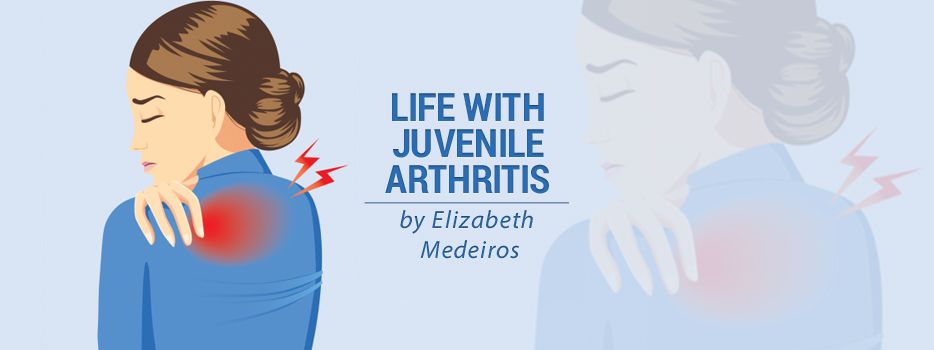It was hard to learn to advocate for myself as a teenager with juvenile arthritis. I have many anecdotes from those years when I was getting comfortable with speaking up for myself. It took a while to learn how to have my needs met, even when others doubted me. While I eventually learned to deal with gym teachers and bullies, I never quite got over the sting of loved ones brushing off my struggles.
I didn’t realize it back then, but my mom was going through a similar experience: learning how to push back when others questioned my condition or how we coped with it. While unfortunate, it’s not an uncommon experience for JA parents.
The stigma of invisible illness
Invisible illnesses like juvenile arthritis are hard to cope with. The person who has it deals with judgment from others who assume the person is OK because they don’t appear to struggle. In fact, others may believe the person is exaggerating the extent of their illness because they seem to be managing OK. It’s frustrating, but it’s not just the person with JA who deals with that judgment. Sometimes, their family also faces such accusations.
I’ve heard time and time again from parents of JA camp friends, parents I’ve spoken to through JA groups, and even my parents that they often feel like a broken record when talking with others. “Yes, my child is sick.” “No, she’s not faking it.” “Yes, she’s still in pain.” “No, being in remission isn’t the same thing as being cured.” It’s incredibly frustrating, especially when dealing with family, teachers, and healthcare professionals.
Because kids with JA may act like other kids outside the home, parents sometimes get labeled as overprotective or helicopter parents. It can be challenging for people to imagine the same kids moving like robots in the morning due to morning stiffness, coping with swollen joints, or needing powerful medicines and injections to control their symptoms.
Being an advocate isn’t easy
I wish I had advice on making others more empathetic, but there’s no secret word or phrase to help open another’s heart. All I can say is to stay firm, educate others with kindness, and always be your child’s advocate. You need to ensure their needs are cared for, whether that’s through school accommodations, setting limits on activities, or other means.
Being your child’s advocate won’t always make you popular. People can roll their eyes or make remarks all they want. The important thing is that your child’s health needs are put first.
***
Note: Juvenile Arthritis News is strictly a news and information website about the disease. It does not provide medical advice, diagnosis, or treatment. This content is not intended to be a substitute for professional medical advice, diagnosis, or treatment. Always seek the advice of your physician or other qualified health provider with any questions you may have regarding a medical condition. Never disregard professional medical advice or delay in seeking it because of something you have read on this website. The opinions expressed in this column are not those of Juvenile Arthritis News, or its parent company, BioNews, and are intended to spark discussion about issues pertaining to juvenile arthritis.

